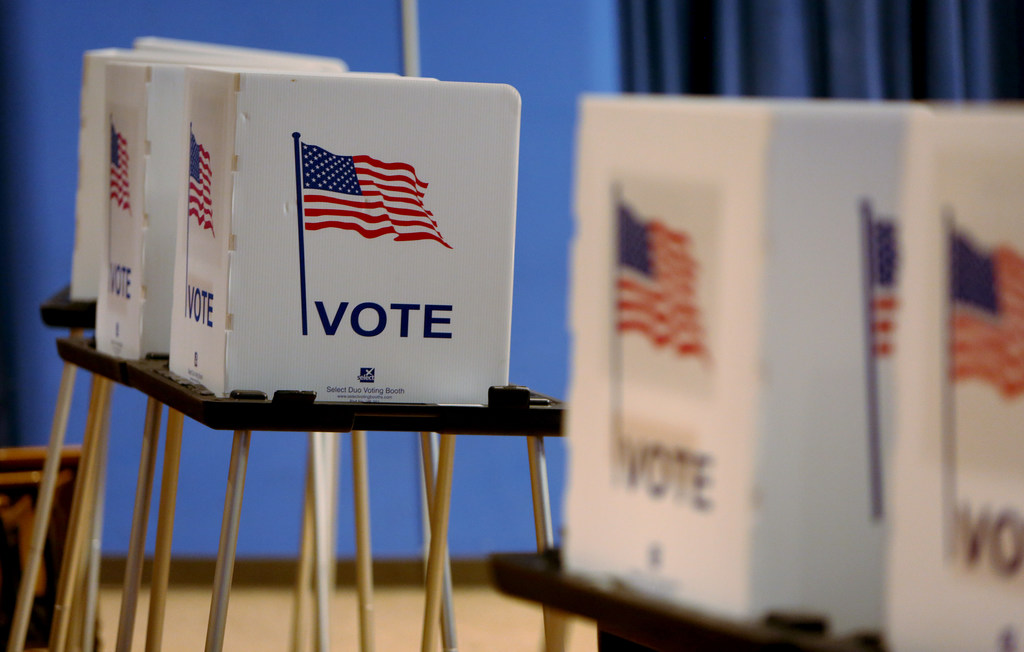Dem appointees on the Wisconsin Elections Commission Monday blocked a motion from their GOP counterparts to quickly comply with a judge's formal order to strike voters who may have moved.
The notices were sent in October to roughly 234,000 people flagged as possibly having moved, and an Ozaukee judge ruled from the bench Friday those who failed to respond within 30 days should be removed from the ...
Please log in to access subscriber content.
If you don't have a subscription, please contact schmies@wispolitics.com for subscription options on the WisPolitics-State Affairs platform, which is the new home for WisPolitics subscriber products.


